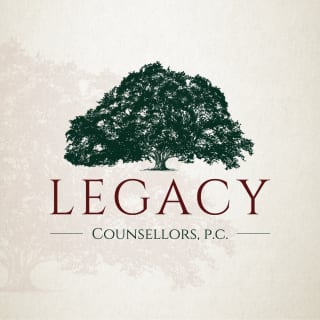 Conversations between estate planning attorneys and clients are as much about how to talk with children about the intentions behind inheritances, as about the legal means of distributing assets.
Conversations between estate planning attorneys and clients are as much about how to talk with children about the intentions behind inheritances, as about the legal means of distributing assets.
A lifetime spent creating a family and an accumulation of wealth is an admirable accomplishment. The final note—an estate plan to distribute that wealth—can alleviate the worry of what will happen to the assets after you are gone. Letting go of that control is not easy, but it is also necessary.
WTOP’s article simply poses the question: How do you ensure that your wealth gets distributed to the right people in accordance with your intentions? The article, “How to protect inheritances for future generations,” first suggests that you sit down with your children and talk about your estate planning. Discussing any inheritance can be difficult for the donor, as well as the recipient-beneficiary. This may be the first time you’re telling your kids as adults about your net worth. This can be a lot of new information to process.
Rather than transferring assets directly to children, parents can create a trust to transfer wealth to their kids and get some protection for these assets. Depending on the state and circumstances, trust assets may be more at risk when a beneficiary is the sole trustee and has broad discretionary powers to distribute assets to anyone, including to themselves.
You can add provisions that help restrict the beneficiary’s control over the trust assets to help safeguard a trust as being deemed separate property, such as in a divorce. You can add an independent co-trustee to the trust and give them total authority to withhold or make distributions to the beneficiary at his or her sole discretion. You can also add protection by these methods:
- Adding multiple beneficiaries, instead of only one primary beneficiary;
- Requiring that the “distribution” trustee be a corporate or professional trustee;
- Making certain that the beneficiary doesn’t have general power of attorney to direct trust assets; and
- Creating a trust that lasts for multiple generations, rather than outright age-based distributions.
An experienced estate planning attorney will be able to help set up trusts as part of your estate plan, if that is appropriate for your situation. These are complex legal instruments, so you’ll want to make sure that your attorney takes the time to explain all of the consequences of their use. Talk with your children, and consider having the children meet with your estate planning attorney so that everyone is on the same page.
Legacy Counsellors, P.C. was built on the concept of helping families create a lasting legacy. A well-crafted trust can continue for generations. We recommend a family approach to estate planning so everyone is involved and understands the plan. Already a client of Legacy Counsellors, P.C.? Consider scheduling a family meeting at our office to share your plan with your family. Not currently a client of Legacy Counsellors, P.C.? Please contact us today to schedule an initial consultation.
Reference: WTOP (April 19, 2017) “How to protect inheritances for future generations”
